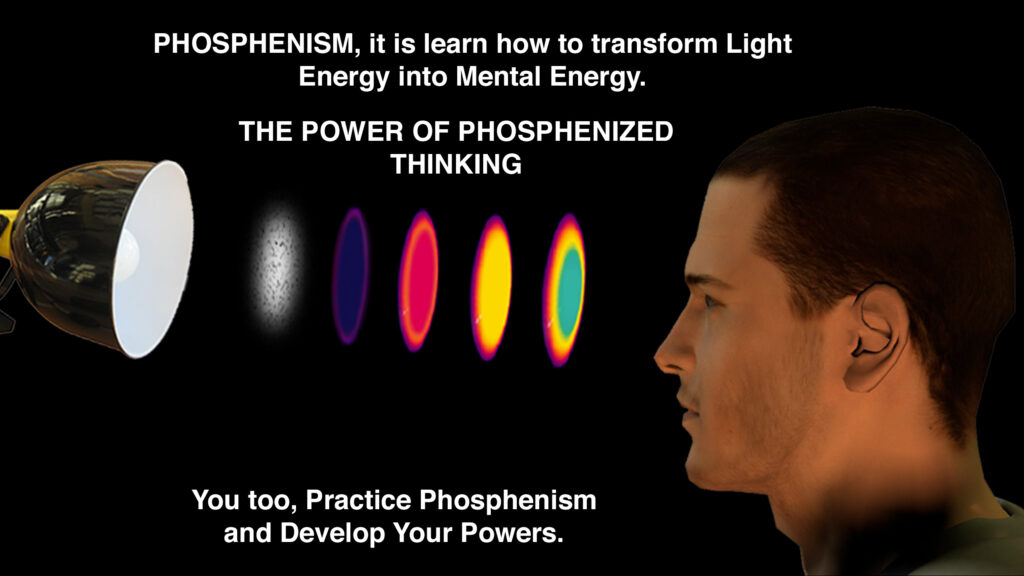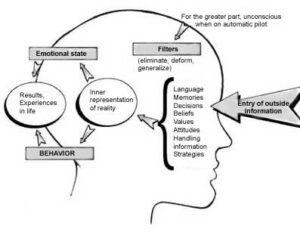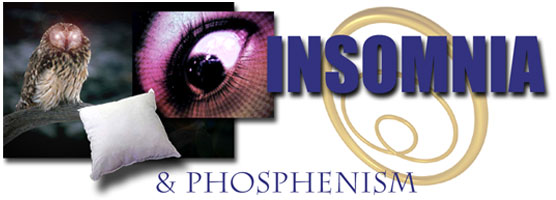SITEMAP THEMES I: MANAGING EMOTIONS
MANAGING EMOTIONS

MANAGING EMOTIONS
Emotions are complex reactions to our view of the world. We actually create our own emotions, even though they seem to be beyond our control. Indeed, the data coming from our environment is processed through a certain number of filters that operate unconsciously. We would not be able to survive without sorting the massive input of information coming from the external world. These filters delete information, transform or generalize it. These filters include our language, of beliefs, our values, our memories, our modes of sorting and stocking data…
It is only after this filtering has taken place that we create a mental representation of reality. From this representation stems an emotional state and a behavior. This process takes but a fraction of a second.
Managing emotions mainly deals with unpleasant emotions: anger, fear, frustration, depression, despair… Managing your emotions will allow you to improve your capacity of adaptation, and your confidence.
Let us analyze anger, for example. It is a very destructive emotion. When we give in to anger, we lose control of ourselves, and we lose the ability to react to events in an appropriate manner.
Many books have been written on anger and on how to channel it. From catharsis, the liberation of repressed affects that can be provoked by, for example, hitting a pillow to a conscious transposition of energy on another object, a form of sublimation, the techniques are many.
The best strategy for anger management consists in evaluating the situation again. As the emotion is triggered by the representation that we have of an event, let us substitute another representation to the previous one.
A slow method would consist in becoming more and more conscious of one’s filters, in changing one’s beliefs and strategies, in processing information differently… There is a more global and efficient technique: managing emotions with Phosphenism.
In 1960, Francis Lefebure, a French doctor, discovered the influence of light and rhythm on mental processes thanks to the phosphenes. A phosphene can be produced by focusing shortly on a source of light. A phosphene is a subjective sensations of light that persists for several minutes. It channels attention and favors mental associations. It is a very useful tool for managing emotions.
PRACTICAL EXERCISE:
Choose a person with whom you are in conflict.
Do a phosphene by focusing on a source of light (the phosphenic lamp, the flame of a candle, the reflection of the sun on a white wall, bright clouds, etc.). While focusing, concentrate on this person.
During the presence of the phosphene, observe all the sensations that appear. You will be surprised by the density of the thoughts that come to you.
Do several phosphenes (6 to 8), concentrating on the same person.
Practice this exercise several days in a row.
When you will meet that person again, you will be probably surprised to discover that you react differently. Thanks to this exercise, you can change your representation of a person and solve your conflicts.
SUBLIMATION OF AN EMOTION
Every time you experience an unpleasant emotion, think about a dot of light while keeping in mind the idea that this emotion is located within this dot of light. If you feel rage, for example, transform it into light: the more the emotion is violent, the more the dot should be bright. It should be as if your rage was directly feeding the dot of light. Use this emotion as a fuel, transform it into something positive.
Importante Note
We have done our best to provide you with the most accurate translation of our french website. Nevertheless, it is possible that some language errors may remain. So, don’t hesitate to contact us to communicate them to us.
Thank you for your indulgence and for your consideration of the many hours spent translating all our pages and, more particularly, all the testimonies we share with you so that you may become aware of the impact that Phosphenism can have on those who practice it.
Wishing you the best with your practice of Phosphenism.
Daniel Stiennon (Dr. LEFEBURE School Director, France)








